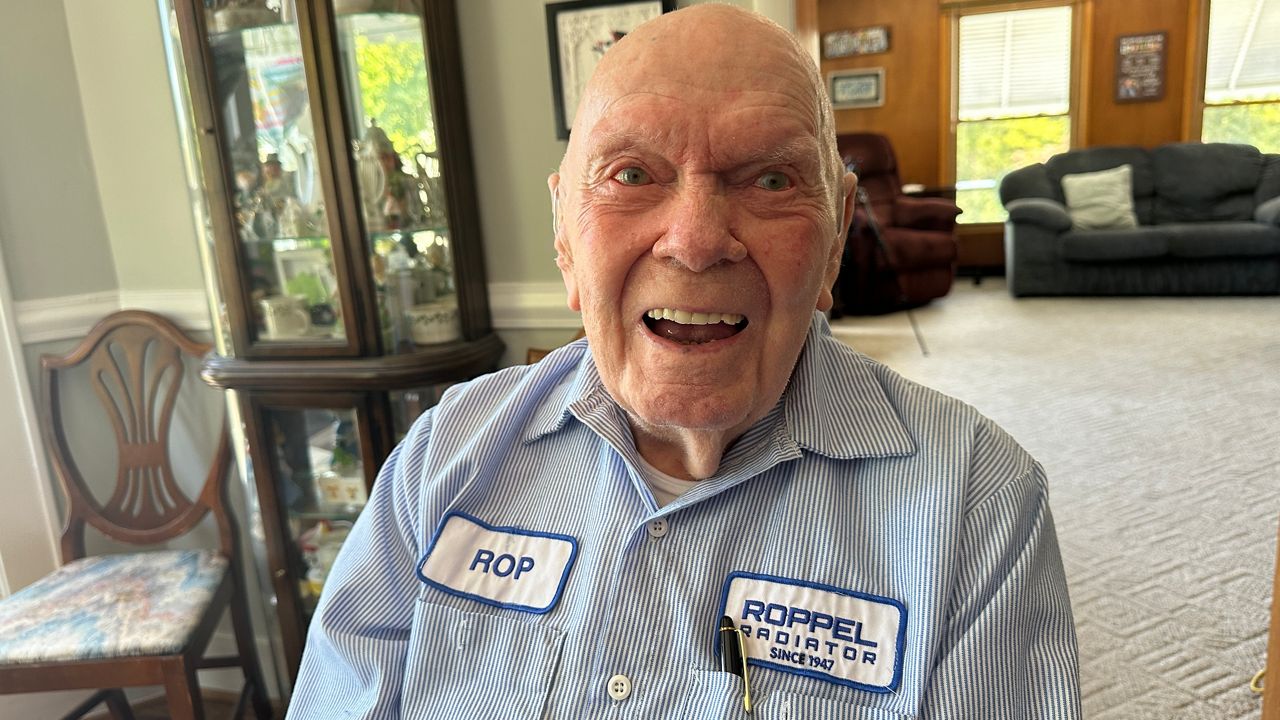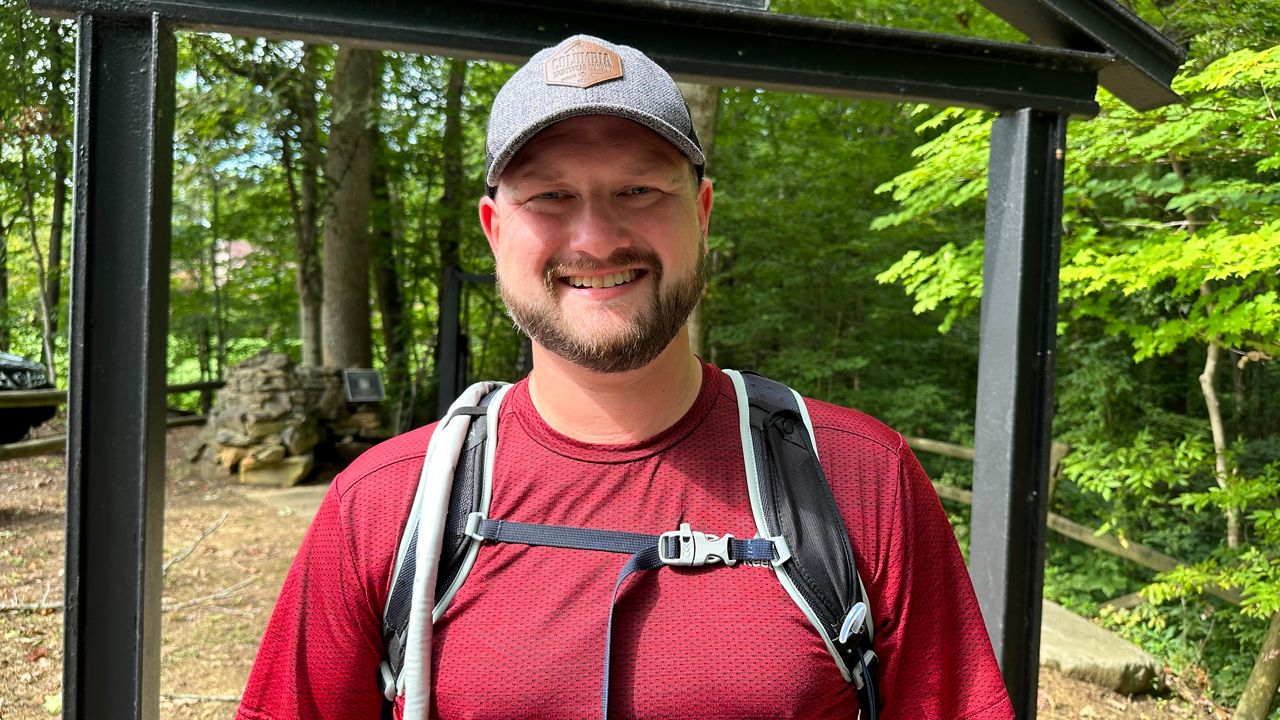CORRECTION: Leonard Lusky was misidentified in a quote. The error has been corrected. (April 23, 2024)
LOUISVILLE, Ky. — While preparation continues for Kentucky Derby 150, this year is also the 100th anniversary of Black Gold’s Derby win. He won the Derby in 1924 and received the first gold trophy, which is now an icon of the race.
It has been a century since Black Gold was the first to cross the finish line on the first Saturday in May. But Louisville native Leonard Lusky is working to keep the thoroughbred’s legacy running. He promotes the lives of past Derby winners and is passionate about racing history.
“The story behind Black Gold is just fascinating in terms of so many twists and turns," said Lusky, president of Commemorative Derby Promotions. "It's a Hollywood story just waiting because of so many great things."
The horse stands out not only for his speed but for the people who stood by him. Rosa Hoots, an American Indian in the Osage tribe, bred the horse after her dying husband had a vision the stallion would become successful. Hoots is the only woman and American Indian to own a Derby winner.
“It's such an Americana story, coming from an Osage, Indian tribe, up to the blue bloods of Kentucky,” said Theresa Collins, Hoots' great-granddaughter.
The horse won four derbies in 1924, including the Louisiana Derby and the Chicago Derby.
However, things took a troubling turn when the 14-karat gold trophy commemorating Black Gold's Kentucky Derby win was stolen in the 1930s. It has yet to be identified.
Lusky said the evidence points toward the trophy being the one housed at the Kentucky Derby Museum.
“(The) mystery is still open because there's not been confirmation that either is or it isn't," Lusky said. "Now, that's enough for a great mystery and a great story anyway and a great reason to tell the story."
A decade after Black Gold entered the Winner’s Circle, his family and fans are working to keep his memory alive. Black Gold commemorative merchandise is available for purchase at select Kroger stores in the state.










